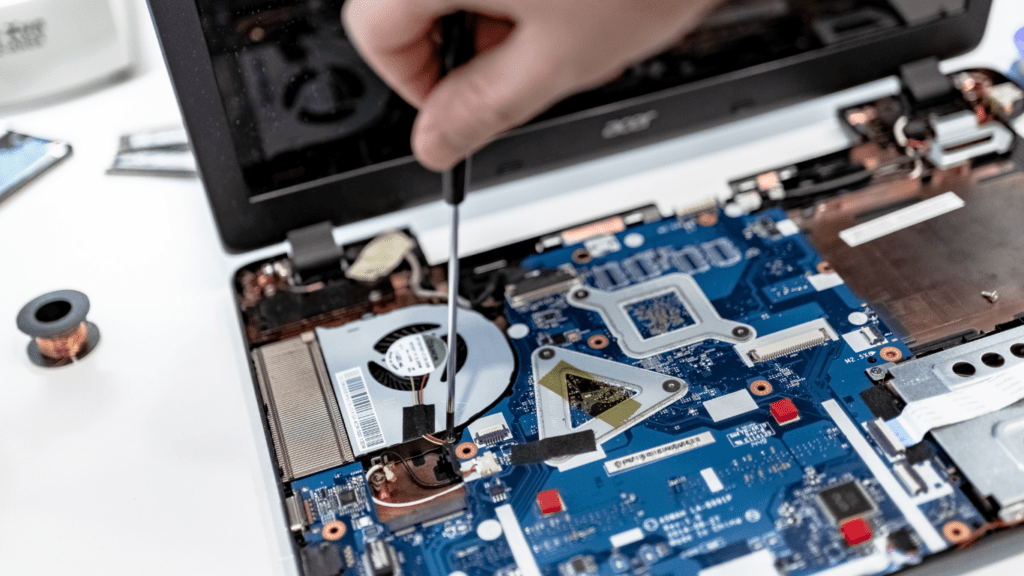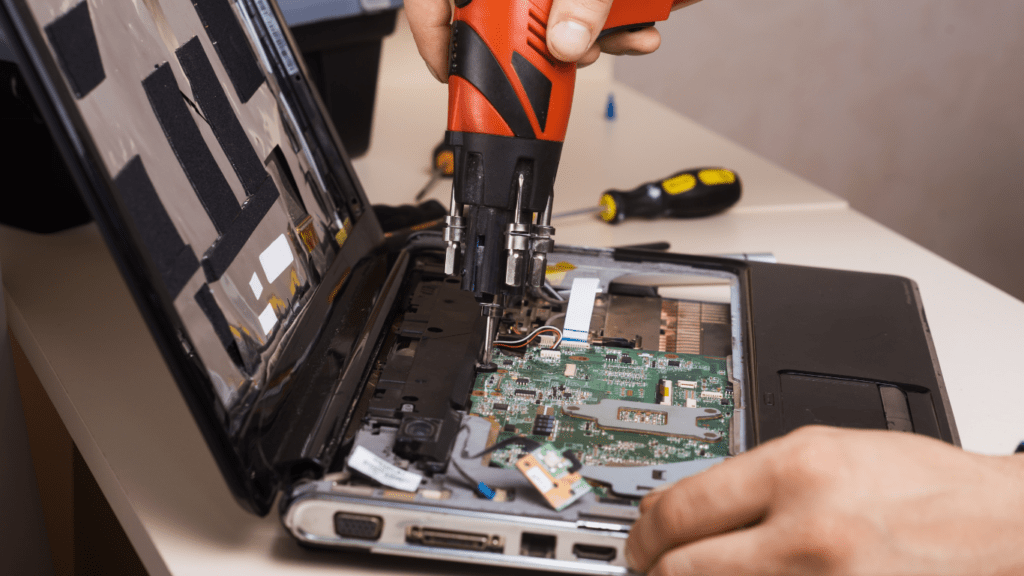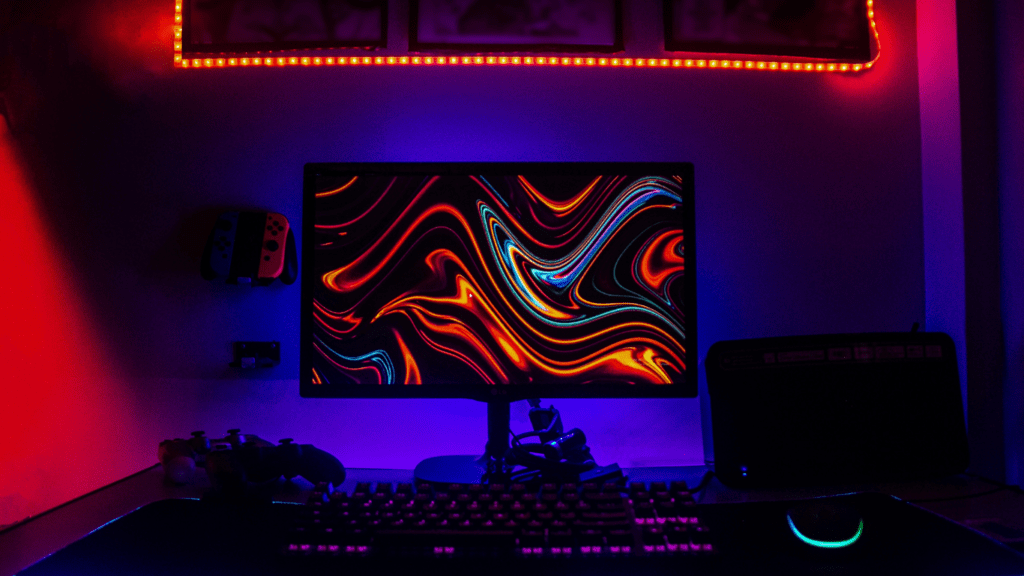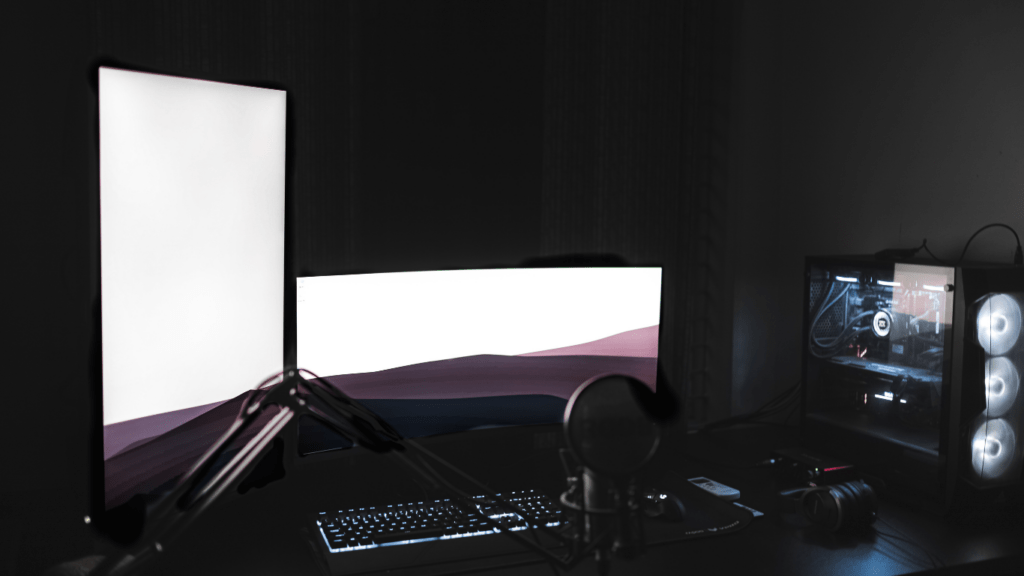Thinking about squeezing out extra performance from your PC for a smoother gaming experience? Overclocking might be the answer. As a tech enthusiast, I’ve delved into the realm of overclocking to explore its potential benefits and risks.
Pushing your hardware beyond its factory settings can lead to significant performance boosts, but it comes with its own set of challenges. In this article, I’ll share insights on whether overclocking is a worthwhile endeavor for gamers looking to elevate their gameplay.
Join me as we navigate the world of overclocking to determine if the rewards outweigh the potential risks when it comes to enhancing your gaming rig’s capabilities.
Understanding Overclocking
Overclocking is the process of tweaking a computer’s hardware, such as the CPU or GPU, to operate at a faster speed than intended by the manufacturer. It involves increasing clock speeds to boost performance beyond the default specifications.
This can result in improved gaming experiences by achieving higher frame rates and smoother gameplay. I’ve been delving into the realm of overclocking for quite some time now, and I’ve found that while it can offer significant performance gains, it comes with its fair share of risks.
Pushing your hardware beyond its designed limits can lead to instability, overheating, and even permanent damage if not done correctly. When considering whether overclocking is worth it for gaming, it’s essential to weigh the benefits against the potential downsides.
While overclocking can provide a noticeable boost in gaming performance without the need to purchase new hardware, the risks involved, such as voiding warranties and reducing component lifespan, are important factors to consider.
Pros and Cons of Overclocking for Gaming
Advantages of Overclocking
- Boosting Performance: Overclocking your PC can lead to noticeable improvements in gaming by increasing processing speeds, resulting in smoother gameplay and higher frame rates.
- Maximizing Hardware Potential: This technique empowers gamers to extract more power from their existing hardware, enhancing the overall gaming experience without the need for new components.
Risks of Overclocking
Despite the performance benefits, overclocking comes with inherent risks that gamers should be aware of. Overclocking can lead to system instability, causing crashes or unexpected shutdowns during gameplay.
Additionally, pushing hardware beyond its limits can result in overheating, potentially damaging the components. It’s crucial to carefully monitor temperatures and ensure proper cooling to mitigate these risks when overclocking your PC for gaming purposes.
How Overclocking Affects Gaming Performance
Exploring how overclocking impacts gaming performance is essential for gamers looking to maximize their hardware capabilities. When I overclock my PC, I boost the clock speeds of components like the CPU and GPU beyond the manufacturer’s specifications to enhance gaming experiences.
Overclocking significantly influences gaming performance by delivering higher frame rates, smoother gameplay, and improved overall responsiveness. By pushing hardware to operate at faster speeds, games run more fluidly and respond quicker to player inputs, resulting in a more immersive gaming experience.
I’ve experienced firsthand the benefits of overclocking in gaming. With increased clock speeds, my games display sharper graphics, reduced lag, and faster load times, allowing me to enjoy visually stunning and seamless gameplay without upgrading to newer hardware.
Careful consideration is necessary when overclocking to balance performance gains with potential risks. While overclocking can offer substantial improvements, it also poses dangers such as system instability, overheating, and the possibility of permanent damage to components if not managed correctly. Monitoring temperatures and ensuring adequate cooling are crucial steps to prevent these risks and optimize the gaming performance of overclocked PCs.
Best Practices for Safely Overclocking Your PC
Exploring the world of overclocking can be both exciting and rewarding, but it’s essential to approach it with caution and follow best practices to minimize risks while maximizing performance. When overclocking your PC, I always recommend starting slow and gradually increasing clock speeds to find the sweet spot where performance gains are noticeable without pushing your hardware too far.
One crucial best practice is to ensure that you have adequate cooling to dissipate the increased heat generated by overclocking. Proper cooling not only helps maintain stable performance but also extends the longevity of your components.
Monitoring temperatures is another key aspect of safe overclocking. Utilizing software tools to track temperature metrics can help you identify any potential overheating issues before they cause damage to your hardware.
Remember to update your BIOS and drivers to the latest versions to benefit from manufacturer optimizations and potential performance improvements that can support your overclocking endeavors. Lastly, always stress test your system after overclocking to ensure stability under load.
Stress testing allows you to identify any instabilities or overheating issues before they manifest during intensive gaming sessions. By following these best practices, you can harness the benefits of overclocking while safeguarding your hardware and enjoying an improved gaming experience.





